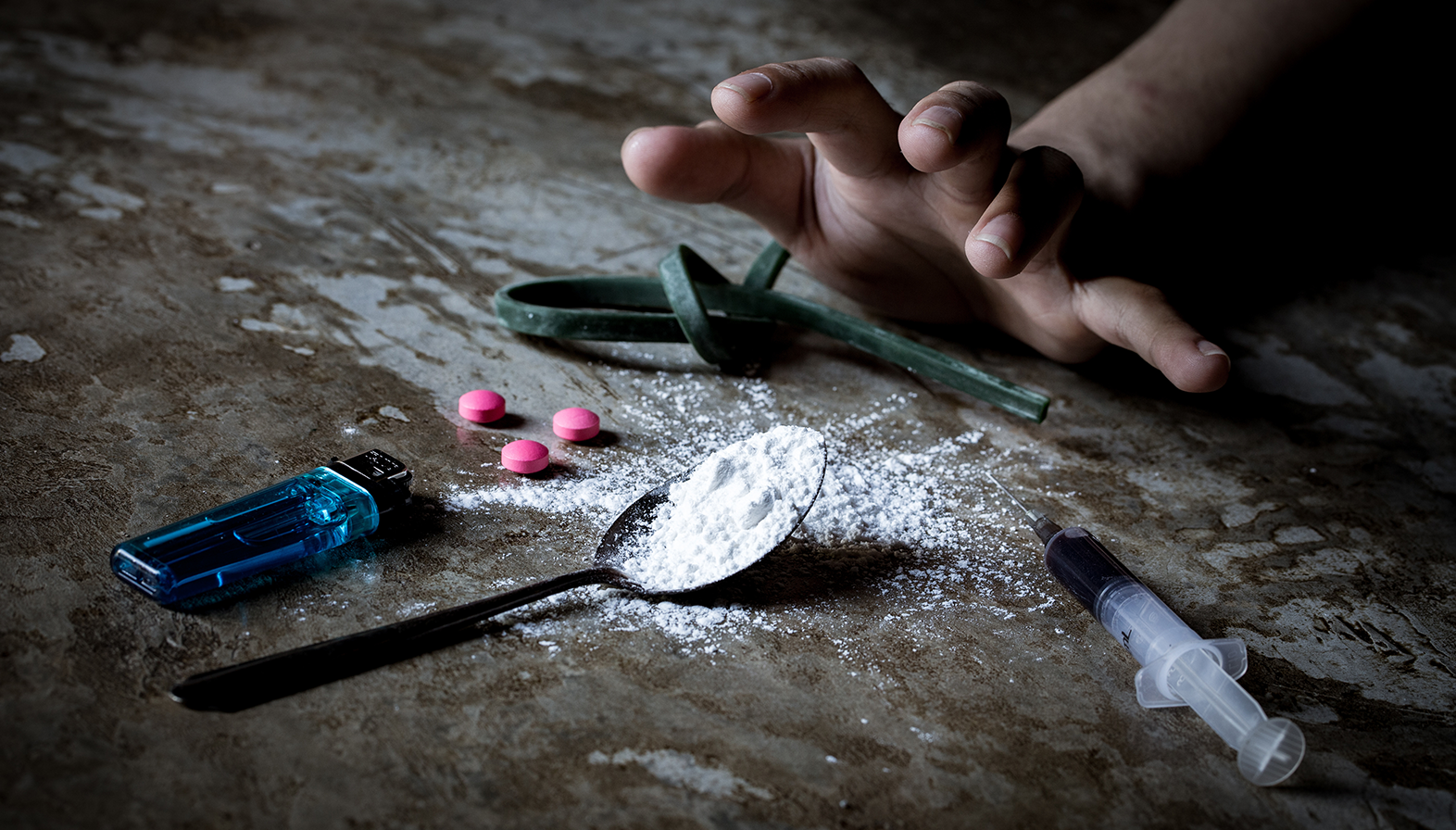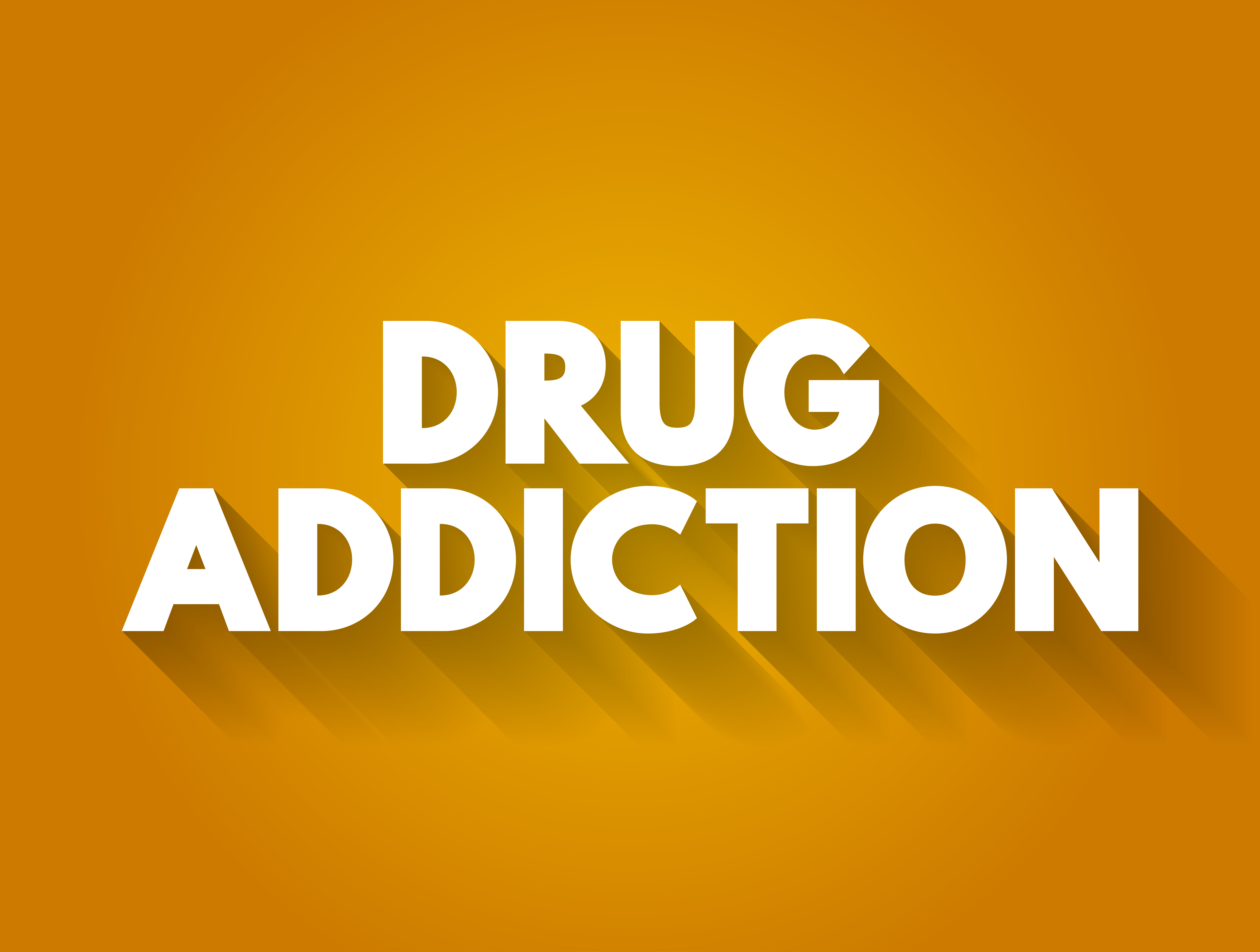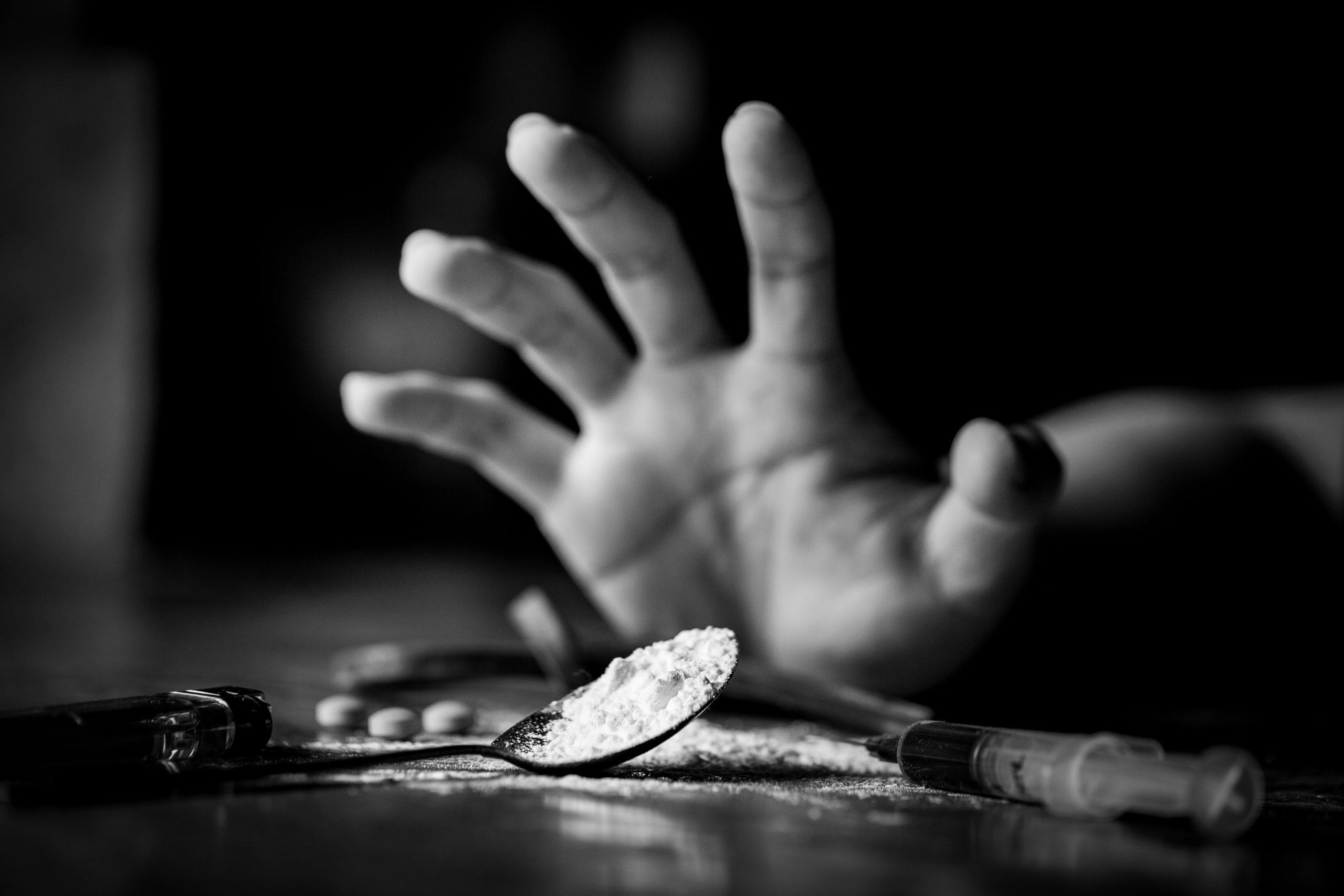Major Effects of cocaine use on health
Cocaine is an immensely popular drug of abuse. It is available around the globe through street names such as coke, blows, and snow. This psychoactive, stimulant drug is highly addictive. Unlike other drug classes such as alcohol, opiates, or benzos, which are central nervous system (CNS) depressants, cocaine is a CNS stimulant. Consequently, cocaine is often co-abused with other drugs.
A popular variant of cocaine is crack-cocaine. It is a highly addictive and powerful stimulant that is derived from powdered cocaine using a simple conversion process. Crack emerged as a popular drug in the mid-1980s. It is favored because it produces an immediate high and because it is easy and inexpensive to produce–rendering it readily available and affordable.
Crack is produced by dissolving powdered cocaine in a mixture of water and ammonia or sodium bicarbonate (baking soda). The mixture is boiled until a solid substance forms. The solid is removed from the liquid, dried, and then broken into the chunks (rocks) that are sold as crack cocaine. Crack typically is available as rocks. Crack rocks are white (or off-white) and vary in size and shape. Crack is nearly always smoked. Smoking crack cocaine delivers large quantities of the drug to the lungs, producing an immediate and intense euphoric effect.
Cocaine, in any form, is a powerfully addictive drug, and addiction seems to develop more quickly when the drug is smoked–as crack is–than snorted–as powdered cocaine typically is.
Cocaine has had some medical uses previously. It was used by medical professionals as a pain reliever and anesthetic. However, this controlled substance is being abused by a large number of individuals. The highly addictive nature of the drug causes many neurological changes in the brain and causes a person to form a dependency on the substance. Cocaine addiction is dangerous and individuals addicted to cocaine must seek treatment immediately. Always access treatment at a professional cocaine rehab in New Jersey to overcome the disease of addiction.
Cocaine withdrawal can be downright nasty, especially the crash. The cravings are intense and the crash drives a person to extreme depression. While there are no established detox protocols to deal with cocaine withdrawal, unlike that for opiate withdrawal, still professional detox centers in New Jersey can greatly alleviate the impact of cocaine withdrawal and ease the path to recovery.
What exactly is cocaine?
The chemical formula for cocaine is C17H21NO4 and the drug is considered to be very powerful and extremely addictive. Most commonly found and sold as the white powder, the substance is illegal to use recreationally in most parts of the world.
People tend to use the drug more often and use higher quantities to achieve the same high and pleasure the drug gives. Cocaine works by affecting dopamine levels in the brain which can cause an individual to feel euphoria. This feeling of euphoria is short-lived and people tend to use more cocaine to achieve the same state of mind again.
Effects of cocaine on health:
Any form of addiction, especially ones which include using drugs and other substances is extremely harmful. Cocaine is no different and prolonged use of the controlled substance has many adverse effects on an individual’s mental and physical health. The signs of harm caused by cocaine are not noticed in the initial stages so people tend to think it is manageable. With time dependency on the substance rises and the signs of harm become clearer.
The mental obsession caused by the use of cocaine causes an individual to become heavily dependent on the substance to even be functional in their daily lives. People often tend to lie, cheat and even steal to attain the substance and feel the same rush again. All such mental obsessions lead an individual to a very dark place where everything seems diabolical and functionality stops existing.
The mental effects of the use of the drug have been known to be extremely harmful and can take a long time to regain normalcy. The physical damage caused by the drug is equally worse and with time it becomes clearer as the human body shows signs of damage. Loss of appetite and a major decrease in body weight has been reported in many users of the drug worldwide. Other physical issues such as heart problems and respiratory issues have also been seen in a large number of people worldwide.
Nasal passages are also greatly harmed by prolonged use of cocaine, this causes uncontrollable bleeding through the nostrils. The bleeding can happen at random and could pose a great risk to an individual’s overall health. Extremely high quantities of cocaine can prove to be fatal and a great number of people have overdosed on the substance.
Medical uses of cocaine:
Cocaine is available in a large number of countries worldwide as a prescription drug that comes in many forms and also can be used as local anesthesia. Surgeries of various body parts such as the eye, ear, and throat are carried forward by using cocaine in various forms.
Cocaine is often used as nasal sprays before medical surgeries and is also seen in the form of solutions. The drug continues to be a schedule II-controlled substance and the sale of the drug is illegal and the recreational use of the drug is also prohibited.
Side effects of long-term cocaine use:
- Sense of smell: the sense of smell in individuals is greatly harmed by using excessive cocaine. People might not have a strong sense of smell after cocaine use as odor receptors are greatly damaged by the drug.
- Cognitive abilities: cognitive abilities are also affected by using coke for a long period of time. People are reported to have shorter attention spans and the decision-making ability of an individual is also greatly affected.
- Lung damage: lung damage is also reported in many cases around the world, using cocaine can cause various tears in parts of an individual’s lungs and can cause internal bleeding.
Final Overview
Cocaine has a rich and deep medical history but for a long time now the drug has been abused by a large number of people around the globe. This abuse of the drug has caused many people to get addicted to the substance. With the help of a cocaine detox center in New Jersey, you can get rid of cocaine addiction and bring normalcy to your life again. It’s always advisable to never abuse any controlled substance or drug and only use it when prescribed by a doctor.
Related Articles
Signs and Symptoms of Cocaine Addiction





